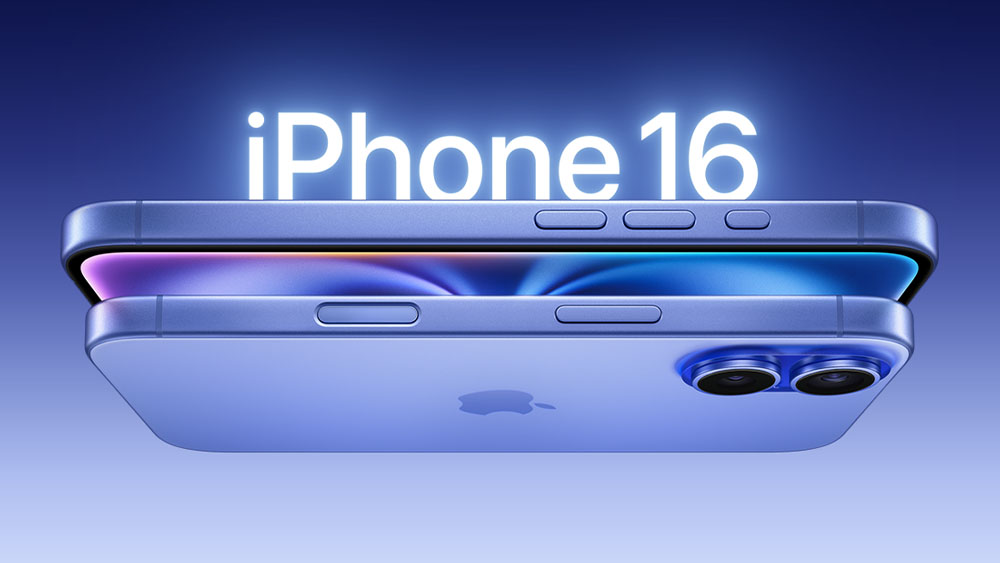Indonesia has once again rejected Apple’s investment proposal, keeping the ban on the iPhone 16 series in place. The ongoing dispute stems from Apple’s failure to fulfill its commitment to invest a substantial sum in local research and development (R&D), a requirement for foreign companies wishing to sell their products in the country.
In October, Indonesia imposed a ban on the iPhone 16 after Apple fell short of its promised investment of IDR 1.71 trillion ($109 million) in local R&D. To address the issue, Apple initially pledged $10 million, followed by an increased offer of $100 million. However, the Indonesian government, led by Industry Minister Agus Gumiwang Kartasasmita, rejected this offer, indicating that it was insufficient.
The government’s demand goes beyond just a financial investment. Officials are pushing for Apple to expand its manufacturing footprint in Indonesia and integrate the country into its global supply chain. As part of Indonesia’s domestic content requirement (TKDN), foreign companies must ensure that 40% of their products are locally produced, either through local manufacturing, software development, or R&D initiatives.

To date, Apple has invested only IDR 1.48 trillion ($95 million) towards the local R&D requirement, falling short of the promised sum. Indonesian authorities are particularly keen on seeing the company contribute more to the nation’s manufacturing sector, with suggestions that Apple could source accessories and chargers from local suppliers. Additionally, the government has expressed interest in seeing Apple establish a dedicated research facility focused on cutting-edge technologies like artificial intelligence and Industry 4.0.
As the standoff continues, Apple is reportedly considering expanding its production of accessories and components in Indonesia in an attempt to meet the government’s expectations. However, until these investment gaps are filled, the ban on the iPhone 16 and Apple Watch 10 remains in effect, limiting Apple’s ability to sell these devices in the Indonesian market.
